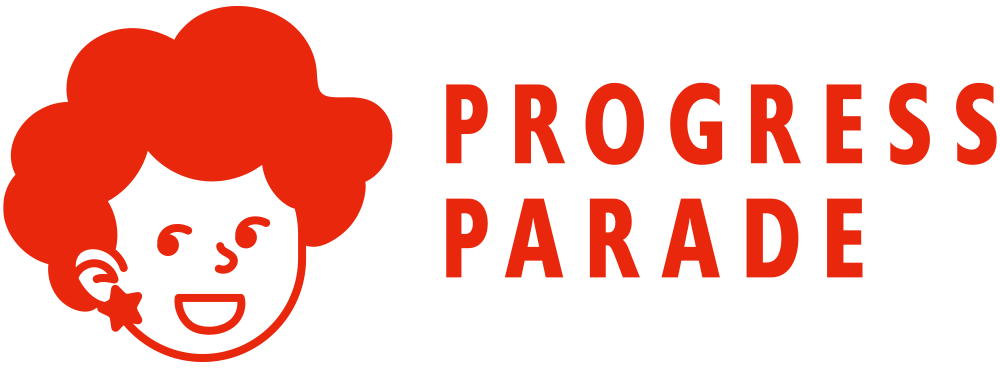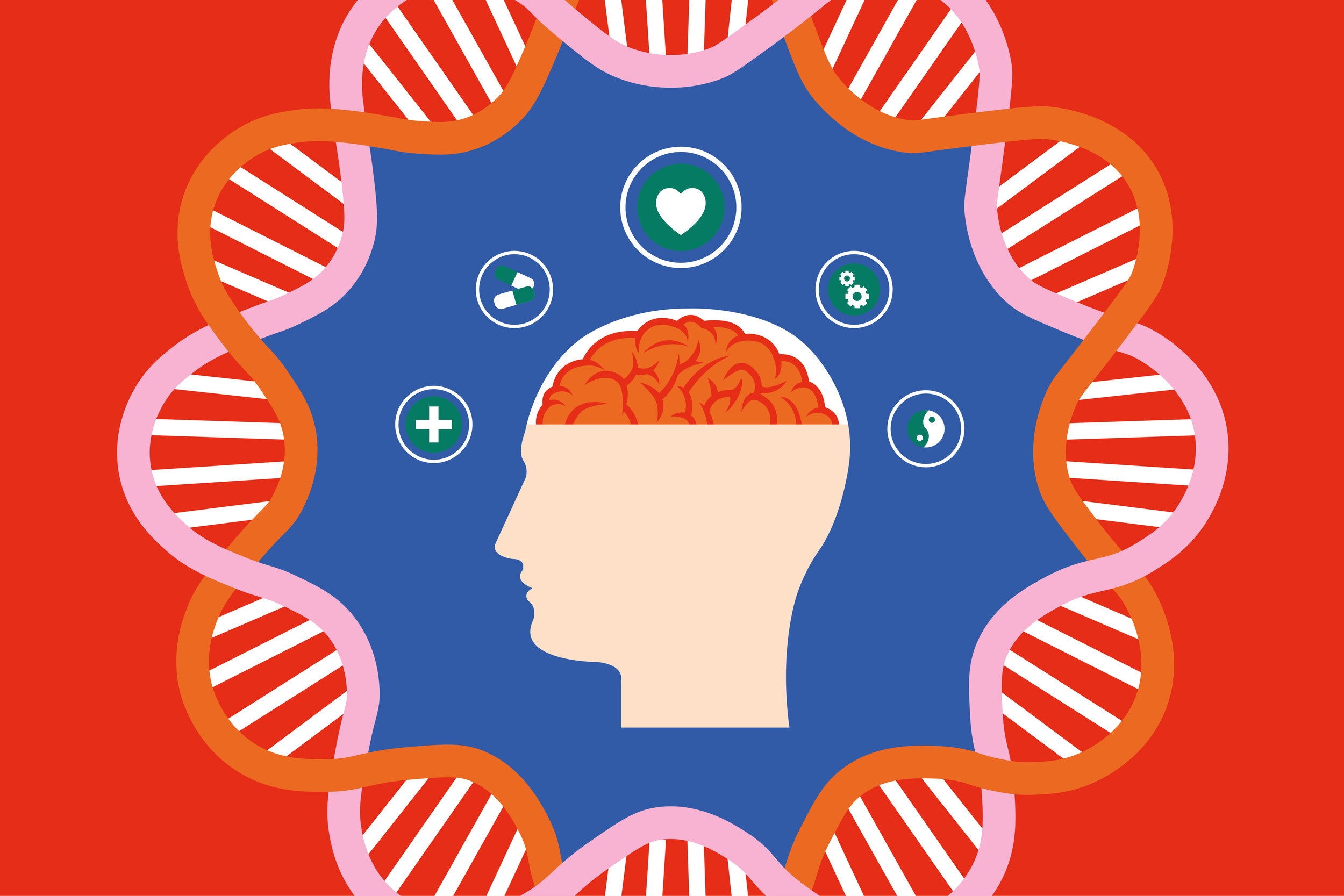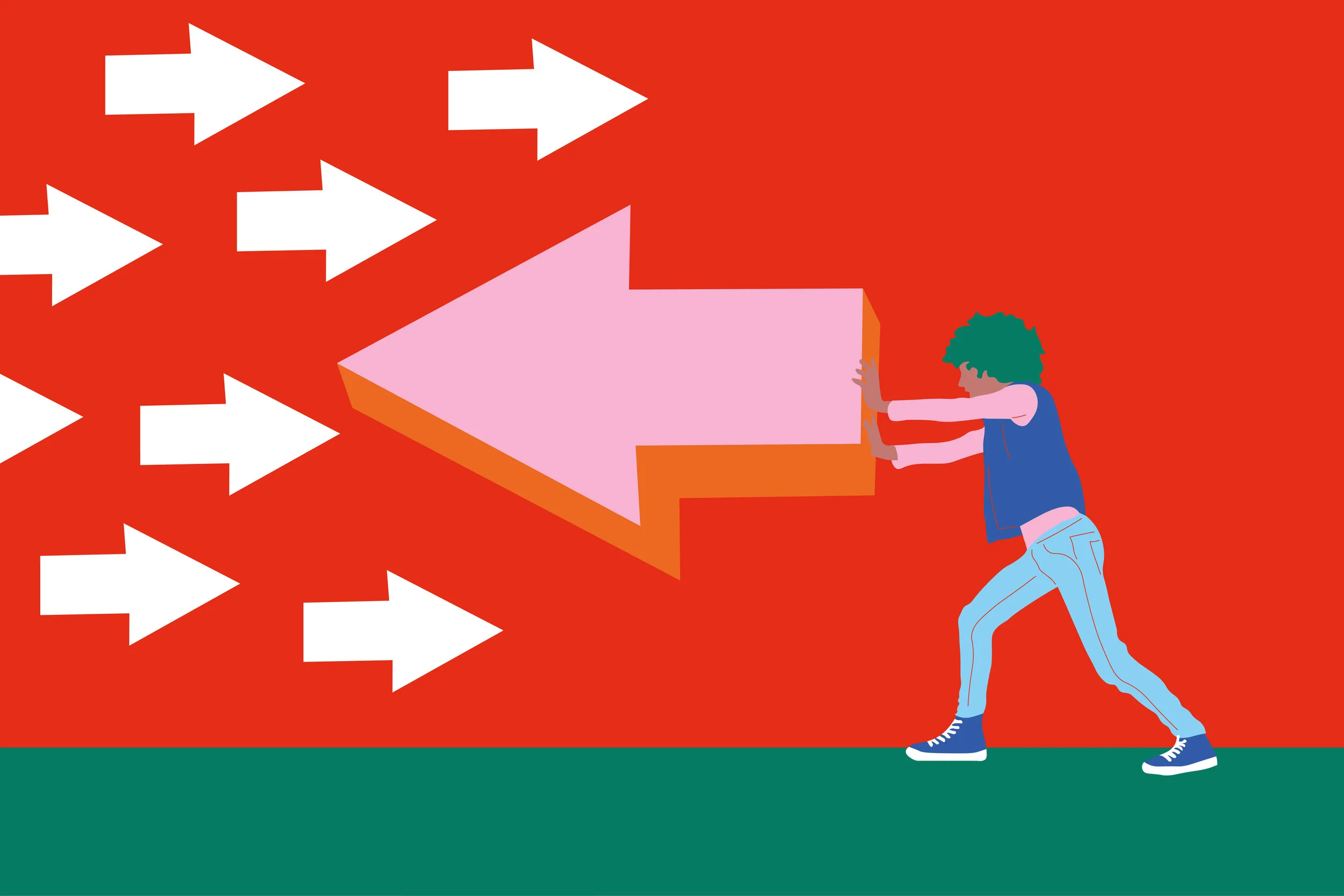What are common goals of special education tutoring for reading?
If you've landed here, you've clearly got a curiosity about reading and special education. Maybe you're a special education teacher looking for some ideas or a parent wondering if special education tutoring for reading is right for your student. Since these questions are in our wheelhouse here at Progress Parade, we wanted to take some time to give you some ideas for what are common goals of special education tutoring in reading. You can watch out for future articles in this series which focus on other subjects like math and writing.
One caveat to consider as you're reading is that many of these goals will apply to general education as well! Special education or not, we'd love to work with your student on turning any of these learning challenges into life-changing achievements.
Tutoring with the goal of learning to read
Many people view reading instruction as the most important academic skill to master. This is understandable since reading skills are incorporated into most if not all other subjects. To be able to fully participate in math, science, social studies and even music, it helps a lot to be able to read. Popular estimates are that about 5-10 percent of the population struggles with a reading disability, so it's no surprise that this is a common theme in parents' minds.
Many students will benefit from one-on-one instruction with a specialized teacher using explicit phonics based instruction. Most schools rely on phonics to teach reading, but some students will need more than classroom instruction to master these skills. It's one thing to have a phonics rule taught in a group setting, where students may be distracted or may not have a lot of opportunity for feedback to make sure they've understood. It's a totally different experience to work with the individualized attention of a specialist, where each minute of instruction is tailored to and around the student.
A specialist will begin with an assessment to determine where your student is at in the process of learning to read, so that they can tailor instruction accordingly. It will be important that a firm foundation is built before trying to move onto more advanced concepts. For example, we'll want to make sure that the student has mastered letter sounds and how to blend sounds together before teaching them to read words. And students need to develop phonemic awareness skills (the understanding that words are made up of different parts and how these parts relate to reading words). For example, a foundational part of reading is hearing that the word dog is made up of the sounds "d", "o", and "g" and learning that the "d" sound is connected with the "d" letter. Some students pick these concepts up naturally while reading through nightly reading with adults, but most students with reading disabilities need to be taught these skills explicitly. And these skills can be taught just like any other skill!
These are just some of the aspects that make up teaching a student to read, and this is a very common goal of special education tutoring in reading!
“Popular estimates are that about 5-10 percent of the population struggles with a reading disability, so it's no surprise that this is a common theme in parents' minds.”
Multisensory instruction for dyslexia like Wilson & Orton-Gillingham
Maybe your student has tried traditional phonics instruction and is looking for something a little different. For these students, multisensory tutoring can be a great fit!
Orton-Gillingham is the foundation of most multisensory programs and is the original multisensory program. It was developed in the 1930s by a neuropsychiatrist and an educator/psychologist. It is a phonics based program, as described above. In addition to phonics components, it also pairs things like colors and tactile expressions with different aspects of phonics. For example, students may consistently see the same sound written in a certain color or they may practice writing in things like shaving cream or sand for a tactile experience.
There are lots of different (we've heard up to 15) approaches which use Orton-Gillingham as a foundation. One such program is the Wilson Reading System. The Wilson Reading System is a very structured program based upon Orton-Gillingham methods. Whereas Orton tends to be more flexible in its implementation, Wilson, when implemented as instructed, is scripted and sequential.
Multisensory programs can be a great tool for special education tutoring in reading!
Tutoring to improve reading fluency
Reading fluently is not the same thing as reading quickly. Reading fluently is reading accurately and effortlessly. It is also important to read with understanding or prosody (reading expressively with phrasing and emphasis that makes sense). Reading fluency is important for a couple reasons:
reading is usually more fun when it's effortless (and is usually less enjoyable when it feels "hard"). Students who read fluently are less likely to avoid reading.
reading fluency is an important precursor to comprehension (it's very hard to understand what you're reading when you're stopping to decode each word).
Sometimes students, particularly those in special education, need a little support to take their reading skills to the next level with reading fluency! Improving reading fluency is a great goal for a student who may be reading very accurately but struggling with comprehension or reading slowly with a lot of effort.
“Reading fluently is not the same thing as reading quickly.”
Reading comprehension as tutoring goal
All the decoding and fluency in the world won't help much if you can't understand what you're reading. Reading comprehension is the end goal of the whole venture! Reading comprehension allows students to understand stories, connect with people through writing, and have autonomy to learn about what interests them.
Important note: it is not unusual that parents think their student has a comprehension problem when the student is not yet reading accurately and fluently. We can't expect a student to comprehend if they haven't mastered the foundational skills of reading. Some parents are surprised to hear how fluently a student really needs to be reading to be considered a fluent reader. It can sound like a lot of they're reading 70 words per minute, but those rates can still negatively affect comprehension levels. You can find fluency benchmarks in lots of places including here.
Often, the first thing we need to do is make sure a student is monitoring what they are reading to make sure what they have read makes sense. If they've read something that didn't make sense, then maybe they skipped a line, decoded a word wrong or just simply misread something. Teaching students how to monitor what they're reading and how to take action when something doesn't make sense is often a great first step towards improving comprehension skills.
Developed readers are constantly using high level strategies to interact with and understand what they're reading. They do things like skim text and headings to predict what they're going to read, make outlines and take notes, construct mental images of what they're reading, and more. If your student is struggling with reading comprehension (whether or not they receive special education services), they might need some direct instruction in these strategies. This gives them a chance to learn the reading comprehension strategy, practice the strategy, and learn when it will be helpful to use the strategy to help them understand a specific text. The goal is that, over time, the student will have a whole trove of reading comprehension strategies they can turn to and use naturally to help them better understand what they're reading.
If your student needs help developing any of these skills in reading, we'd love to discuss it with you further through a free consultation!
An overview of different reading needs and goals students often have when they begin special education tutoring
































